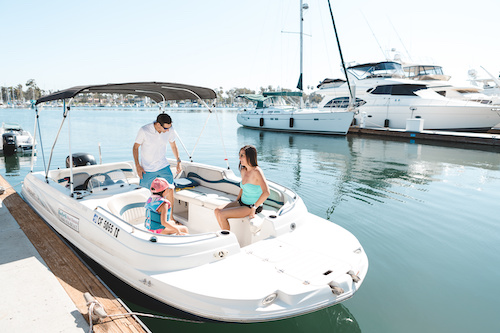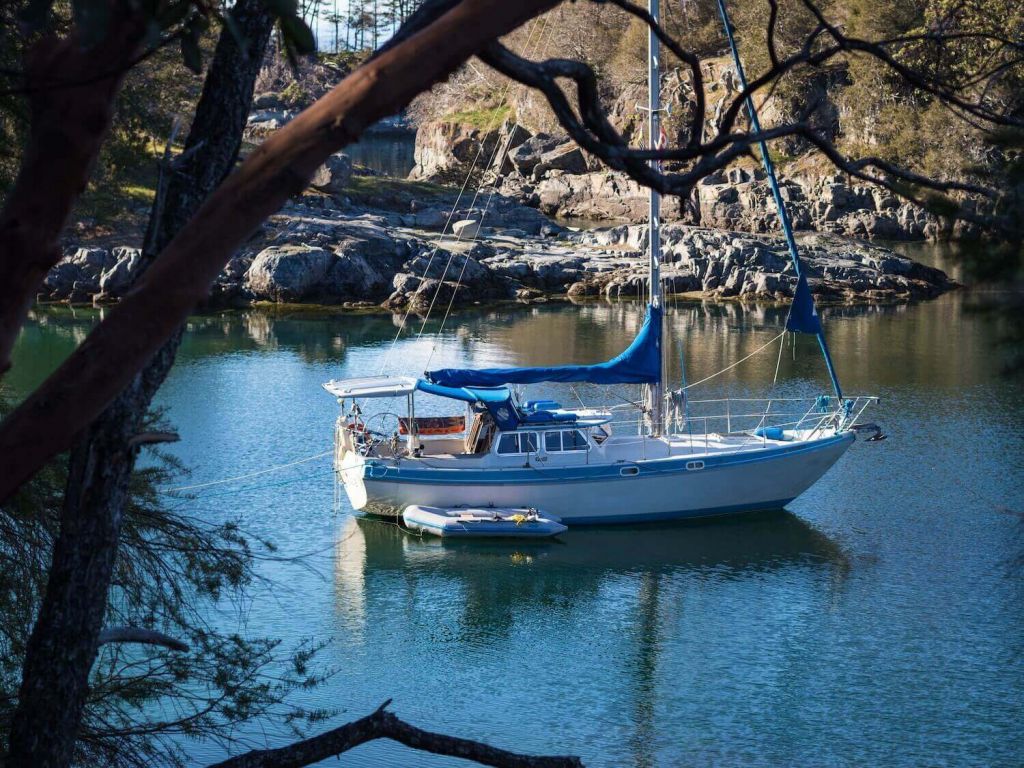No, you cannot drive your boat anywhere. There are many restrictions on where you can and cannot drive your boat. These restrictions are in place to protect the environment, to ensure the safety of boaters, and to comply with international laws.
Some of the most common restrictions on boat travel include:
- Speed limits: There are speed limits in place in many waterways. These speed limits are designed to protect the environment and to ensure the safety of boaters.
- Prohibited areas: There are some areas where boats are prohibited from entering. These areas are typically designated for environmental protection or for military purposes.
- Navigational restrictions: There are some areas where boats are restricted from navigating. These areas are typically designated for safety reasons or for environmental protection.
- Permits and licenses: In some cases, you may need a permit or license to operate a boat in certain areas. These permits and licenses are typically required for environmental or safety reasons.
It is important to be aware of the restrictions on boat travel before you set out on your journey. By following these restrictions, you can help to ensure the safety of yourself, your passengers, and the environment.
Here are some additional tips for staying safe on the water:
- Be aware of the weather conditions: Before you set out on your journey, be sure to check the weather forecast. If there is a chance of bad weather, it is best to stay on shore.
- Wear a life jacket: Always wear a life jacket when you are on the water. Life jackets can save your life in the event of an accident.
- Be aware of your surroundings: When you are driving your boat, be sure to be aware of your surroundings. Watch out for other boats, swimmers, and hazards.
- Operate your boat safely: When you are operating your boat, be sure to operate it safely. Obey the speed limit, be aware of your surroundings, and be responsible.
There are a lot of different opinions out there about whether or not you can drive your boat anywhere. The answer to this question really depends on a few different factors, including the type of boat you have and the laws in your state or country. In general, though, it is usually legal to drive your boat on any body of water that you can reach by land.
- Learn the basics of boating safety
- This includes understanding how to operate your boat, reading nautical charts, and being aware of weather conditions
- Get a boat license or permit if required in your state or country
- Choose a destination for your trip
- Make sure to factor in tides and currents when planning your route
- departure day, check the weather forecast one last time and make sure you have all the supplies you need onboard
- Start the engines and cast off from shore! As you cruise, keep an eye out for other boats and obstacles in the water

Credit: discoverboating
Can You Travel Anywhere on a Boat?
Yes, you can travel just about anywhere by boat. There are a few exceptions – like if a body of water is too shallow or if there are obstacles in the way – but generally speaking, boats can take you wherever you want to go.
Of course, some boats are better suited for long-distance travel than others.
Sailboats, for example, are great for cruising around the world because they don’t rely on fuel and can be powered by the wind. But even motorized boats can travel long distances – it just might take a little longer and cost a bit more in fuel.
So whether you’re looking to cross an ocean or just explore your local waterways, get out there and start boating!
Can I Anchor My Boat Anywhere?
No, you cannot. There are many factors to consider when anchoring your vessel. The depth of the water, type of bottom, tidal range, wind and waves are just a few.
Some areas may have specific regulations regarding where and how you can anchor. You should always check with the local authorities before anchoring.
Can You Sail Anywhere You Want?
Sailing is a popular activity enjoyed by many people around the world. The ability to sail anywhere you want is one of the main attractions of this hobby. While it is true that you can sail almost anywhere in the world, there are some restrictions that need to be considered.
The first thing to keep in mind is that sailing requires a body of water large enough to support a boat. This means that you will need to find a lake, river or ocean in order to go sailing. Additionally, some bodies of water may have restrictions on where boats can sail.
For example, certain lakes may only allow boats in specific areas or during certain times of the year.
Another thing to consider is whether or not you have the necessary skills and experience to sail in a particular area. Sailing in rough waters or winds can be dangerous and should only be attempted by experienced sailors.
It is always best to check with local authorities or experts before attempting to sail in an unfamiliar area.
Finally, keep in mind that sailing requires access to a boat and supplies. If you do not own a boat, you will need to rent or borrow one from someone else.
You will also need access to things like sails, ropes, anchors and navigation equipment.
Can You Sail Your Own Boat to Another Country?
Yes, you can sail your own boat to another country if you have the proper documents and meet the requirements of the destination country. If you are not a citizen of the country you are sailing to, you will need a visa in order to enter. You will also need to have your boat registered with the proper authorities and have all of the required safety equipment on board.
It is important to check with the embassy of the country you are sailing to in order to make sure that you have everything in order before setting sail.
5 MUST KNOW Boat Navigation Tips!
Can You Anchor a Boat Anywhere Overnight
Assuming you are asking if it is legal to anchor a boat anywhere overnight, the answer unfortunately is not cut and dry. While there are no federal laws in the United States regulating where boats can anchor, many states have their own anchoring laws. Additionally, some waterways are managed by local or private organizations who may have their own rules about anchoring.
The best way to find out if you can anchor your boat overnight in a particular location is to check with the local authorities or the organization that manages the waterway. They will be able to tell you if there are any restrictions on anchoring in that area.
Even if there are no specific regulations prohibiting anchoring in a certain spot, it is always important to use good judgment when choosing where to drop your anchor.
Make sure you pick a spot that is away from busy shipping lanes and other boats. You also want to make sure your anchor is securely attached and won’t drag during the night. If possible, try to find an area with little or no current so your boat doesn’t swing around and hit anything during the night.
Anchoring overnight can be a great way to enjoy some peace and quiet on your boat, but it’s important to do it safely and responsibly.
Conclusion
If you have a boat, you may be wondering if you can take it out on any body of water. The answer is that it depends. If your boat is registered with the DMV, then you can only operate it on bodies of water that are listed on your registration.
If your boat is not registered, then you can only operate it on non- navigable waters.
